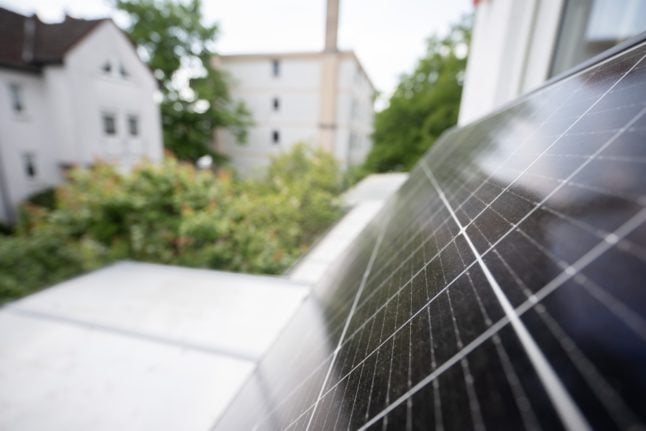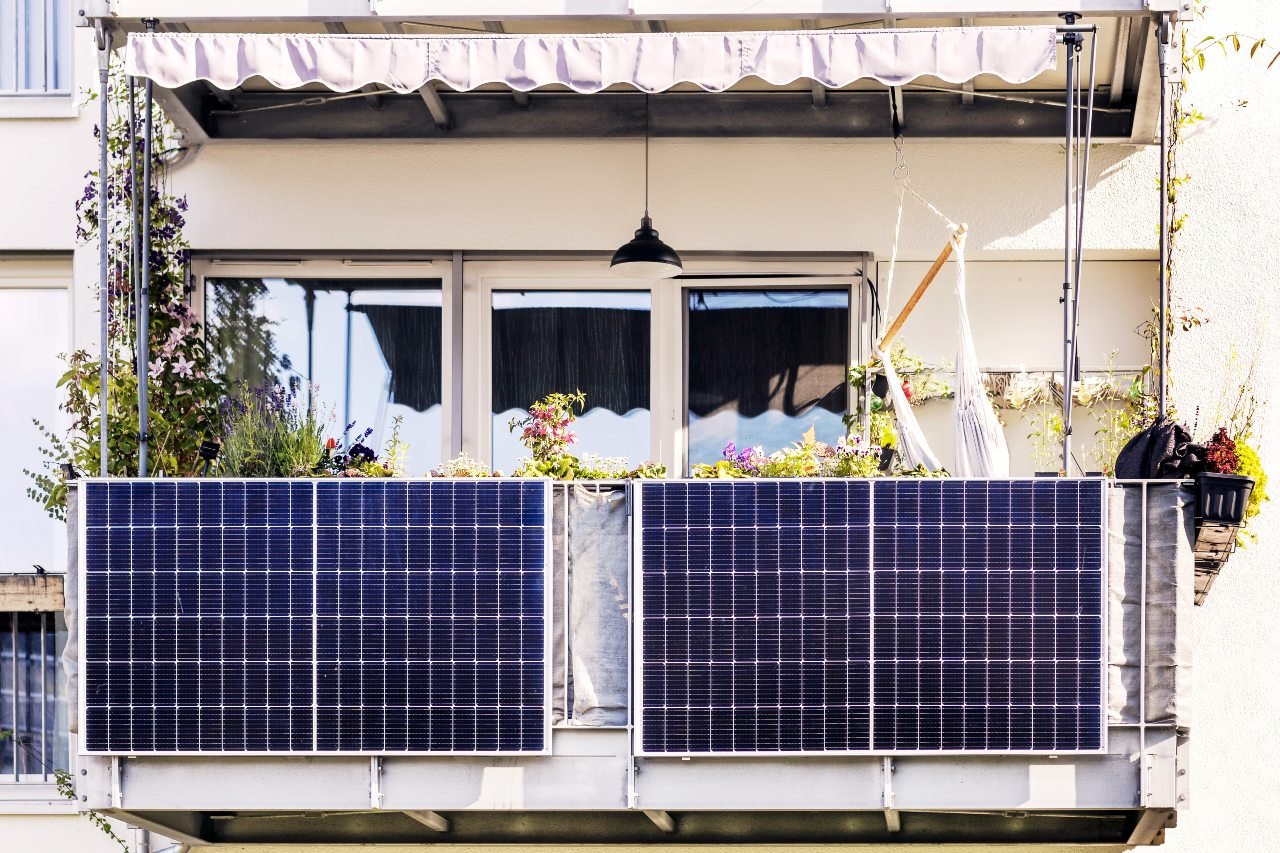First and foremost, the largest advantage when it comes to writing wills as a foreigner in Germany – is the option to decide which country’s law applies when you write your will.
“Foreigners living in Germany have a huge advantage over German citizens, because you can choose the law of your own country for your will – even if you live in Germany,” says Andreas Moser, a Chemnitz-based immigration and family lawyer who runs a popular blog on German citizenship and family law. “Dual citizens who are German and have another nationality also have this advantage.”
READ ALSO: Everything you need to know about German inheritance law
Whether you want to do this of course, depends highly on the other country concerned and its law – and how much it differs from German law.
In specific detailed cases, you may want to consult a lawyer who specialises in wills and estates. One example of how German law may differ though is that many countries don’t have “forced heirship”, which requires you to leave certain shares of your estate to certain immediate family members.
By contrast, Germany has forced heirship. If, however, you would like to get around this for some reason, you can specify that your will should go under the other country’s law – if, for example, that country doesn’t have forced heirship.
This is unlikely, however, to result in people resident in Germany you leave assets to being able to get around inheritance tax, as this counts towards the receiver’s tax and not the deceased’s. However, there are other cases when using either country’s estate law might have different implications for certain assets – something a specialised lawyer can give you more information about.
If you want your other country’s rule to apply, make sure you specifically state that in your will.
EXPLAINED: The rules around inheritance tax in Germany
When should you definitely have a will?
Moser suggests that foreigners in Germany who want their native country’s law to apply write a will and specifically state that as their wish.
He also recommends wills in particular for those who have “patchwork” families, where one or both spouses have been married before or have children from previous marriages – in order to avoid complicated proceedings over who gets what.

How should I write a will?
When it comes to composing a will, you have three main options:
The first is to write an international will that’s valid in your home country and that specifically states that you want the law of your home country to apply.
The disadvantage of this approach is that your heirs may have to later pay to have it translated into German. You can also arrange to have an official German translation of it done.
Your second choice is to handwrite a will and sign it. This is known as a holograph will or Eigenhändiges Testament in German. It can be in any language, although again – your heirs may have to pay to have it translated later.
This option also avoids certain expensive legal fees – and you can state which country’s law you want to apply. However, for it to be valid, it must be entirely handwritten and include the date and place of signature. It cannot be typed and signed. If you’re concerned about the will going missing, you can deposit it with your responsible probate court for a fee of €75.
The final option is to write a public testament – which is prepared by a German notary. These wills are pretty ironclad but can be expensive – with fees that differ depending on the size of the estate. Once prepared, the notary will then file it with the public registry – so there is always a record of it.
READ ALSO: Do foreigners in Germany owe tax on money that is inherited from overseas?




 Please whitelist us to continue reading.
Please whitelist us to continue reading.
Member comments